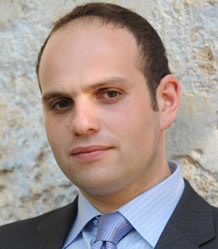
Dr. Nathan Walter
Dr. Nathan Walter is the Founder and Co-Director of the Center of Media Psychology and Social Influence (COM-PSI). Professor Walter’s research concerns the effects of mass media, evaluation of strategic health messages, analysis of communication ecologies, the persuasive power of narratives, and correction of misinformation. His most recent work, which is supported by the FDA, focuses on novel methods to debunk tobacco-related misinformation. Prof. Walter’s overarching research agenda revolves around the development of multilevel and ecological models that provide a nuanced approach to the study of communication-related phenomena.

Callie Kalny
Callie is the Co-Director of COM-PSI and a doctoral candidate (ABD) in the Media, Technology, and Society program at Northwestern University. Her research examines the emotional, cognitive, and metacognitive mechanisms that shape the ways individuals interact with– and are ultimately influenced by– various types of media. Specifically, her work investigates the role that emotions and affective experiences play in the selection and processing of online information, the effects of (un)certainty on judgements and decision-making, and the persuasive influence of narrative storytelling. Callie is a graduate of Mercer University (B.A., Communication Studies) and Wake Forest University (M.A., Communication).
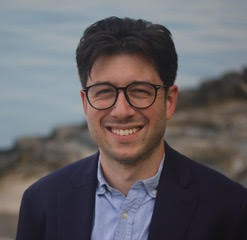
Rod Abhari
Rod is a doctoral candidate (ABD) in the Media, Technology, and Society program. His research uses computational methods to evaluate the influence of misinformation in online extremism. This has led him to study how partisan violence communicated in memes helped mobilize the January 6th insurrection, and how discredited scientific research has been used to support COVID-19 conspiracies. He holds an M.A. in Science and Technology Studies (Maastricht University), an M.A. in communication (University of Wisconsin – Madison), and a B.A. in Sociology (Middlebury College).

Emily A. Andrews
Emily A. Andrews is a fourth-year doctoral candidate in the Media, Technology, and Society program. She studies both the opportunities and challenges that come with communicating authority and expertise in science and health. This includes, for instance, the roles of cognitive bias and trust among other factors. Emily graduated from SUNY Geneseo in 2019 (B.A., Psychology) and The SUNY University at Buffalo in 2021 (M.A., Communication).

Christopher M. Dobmeier
Chris is a doctoral candidate (ABD) in the Media, Technology, and Society program. His research explores various pathways of influence, including the dynamic roles of emotions/affect and cognitions, as well as through emerging media and technology. His dissertation focuses on normative-behavioral cues that media users pick up from their parasocial relationships with media figures. Outside of his doctoral research agenda, he serves as a tutor in the Northwestern Prison Education Program, and has consulted on entertainment-education projects (data analysis). He holds a B.A. and M.A. in Communication from The SUNY University at Buffalo.
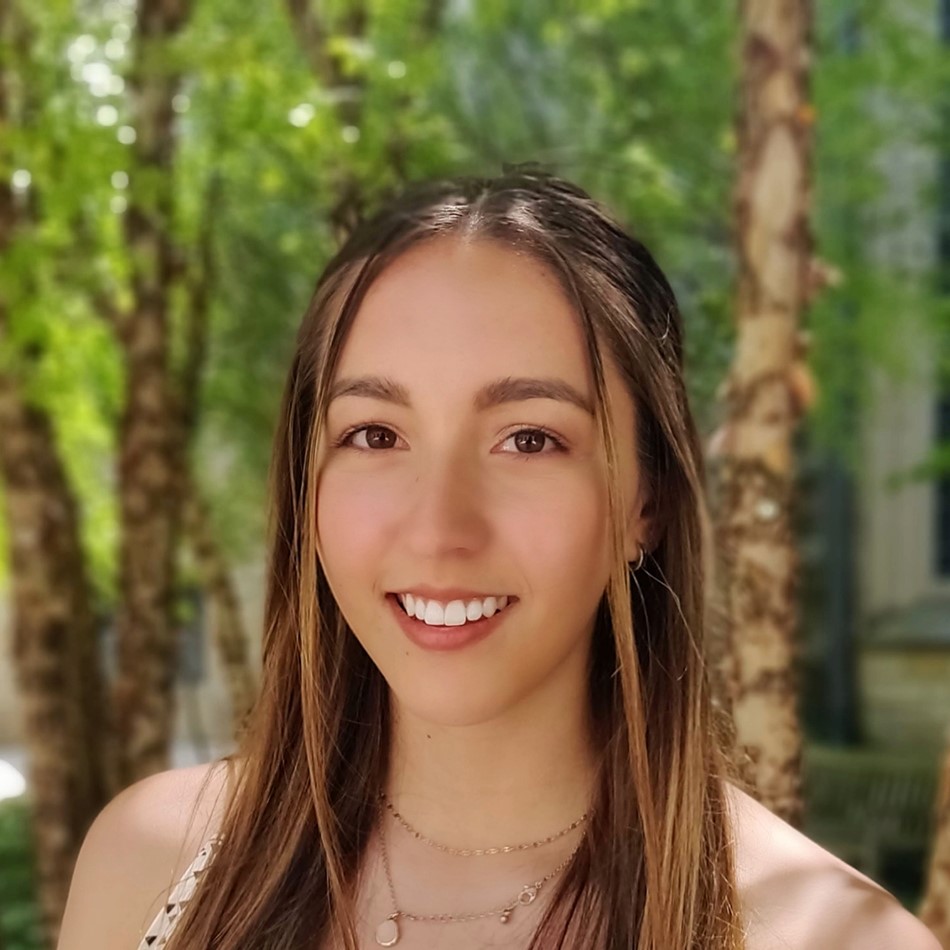
Valerie Gruest
Valerie Gruest is a doctoral candidate (ABD) in the Media, Technology, and Society program. In addition to her role in COM-PSI, she is a graduate student affiliate of the Center for Latinx Digital Media. She is interested in how the use of internet technology impacts people’s attitudes and behaviors. Particularly, her work explores the impact of new media on body image issues and eating disorders, the visibility of marginalized communities in digital media, and the evolution of contemporary art practices in online spaces. She holds an M.A. in Media, Technology and Society (Northwestern University), and a B.A. in Communication Studies with a double major in Art, Theory & Practice (Northwestern University). In addition to her scholarly research, she serves as an advocate for mental health and safe sport for aquatic disciplines in the Americas, given her background as an Olympic swimmer (Rio 2016 Olympic Games).
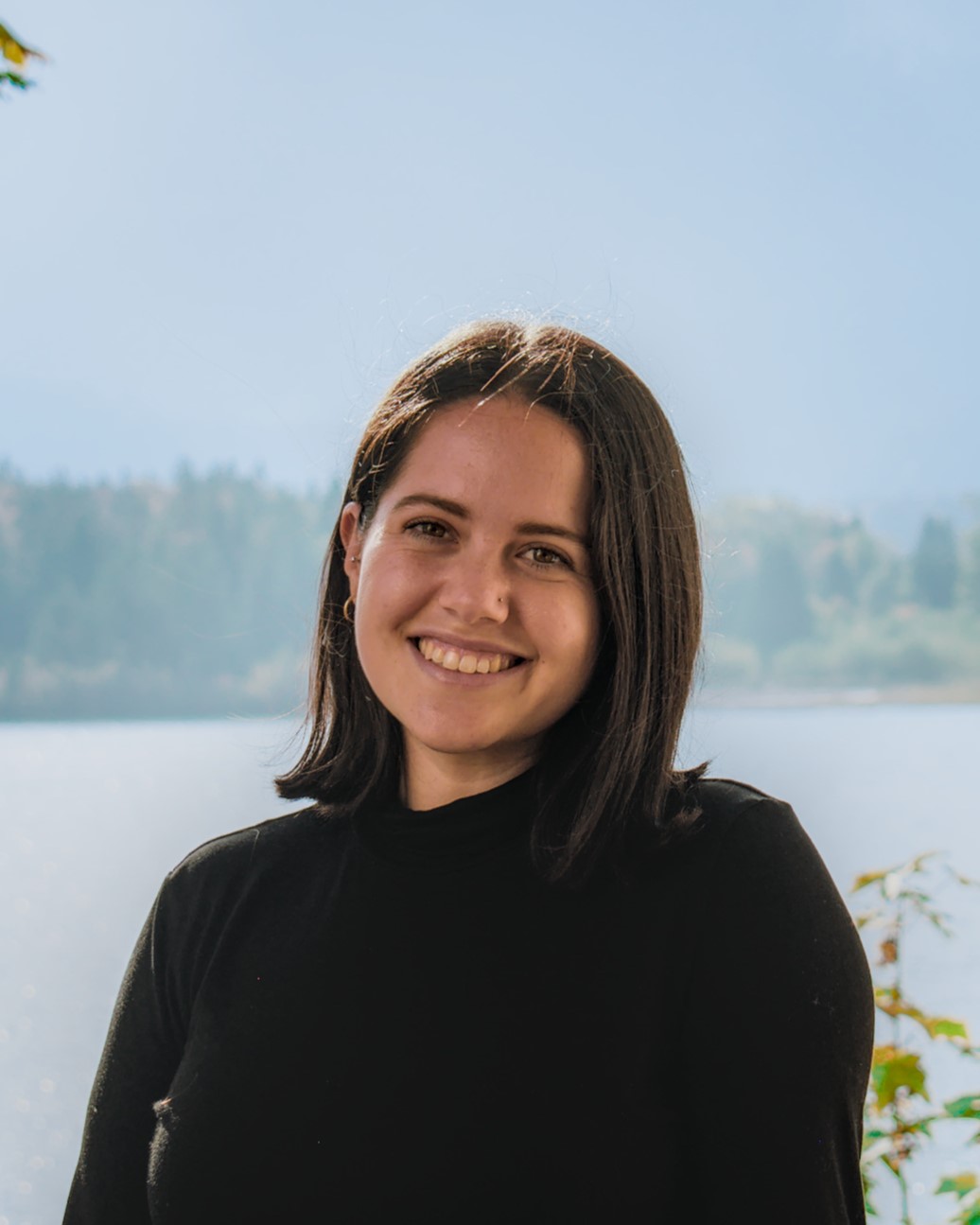
Jessica A. Zier
Jessi is a second-year doctoral student in the Media, Technology, and Society program. Her research explores the perceptions and impacts of algorithmically-driven content, and the productive and affective power this has on digital media users. She also explores how the actions and reactions of users alter their online behavior, thereby placing social power onto the algorithm itself, creating a human-algorithm feedback loop. She has lived and worked in ten countries across five continents, exploring digital innovation in various fields and contexts, which has inspired her academic path. She holds a B.Sc. in Cognitive Neuroscience (Minerva University) and M.A. in Digital Communication (Vrije Universiteit Brussel/University of Salzburg).
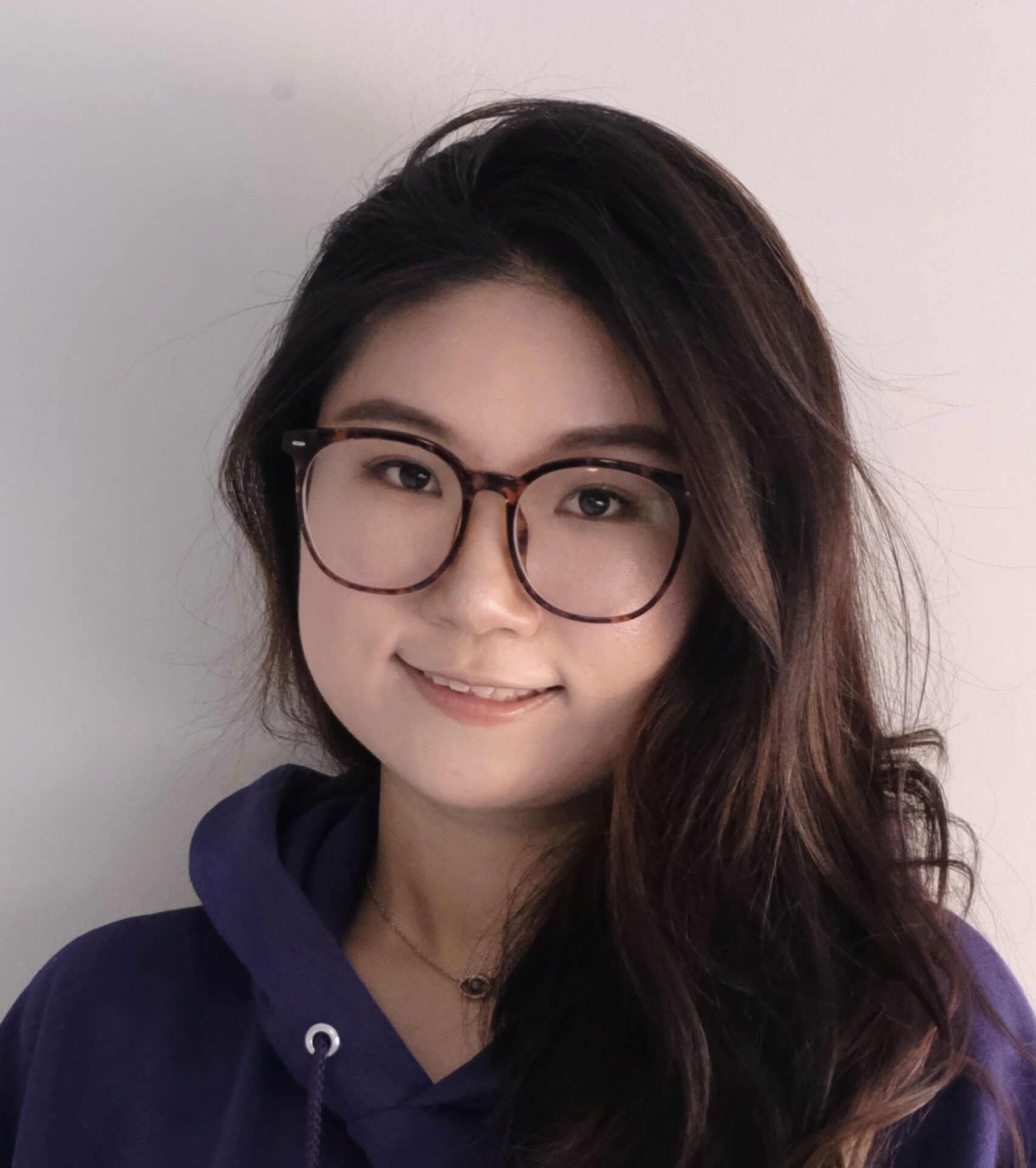
Sijia Liu

Gabriel Garlough-Shah